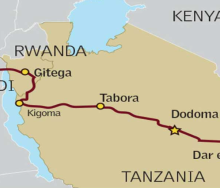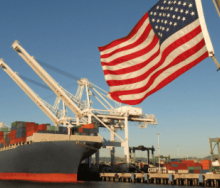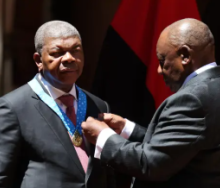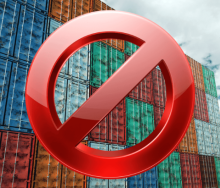The Free Market Foundation (FMF) has called on the Department of Trade, Industry, and Competition (dtic) to place its localisation master plans on ice, claiming that these will hobble economic recovery over the coming months and years.
“While the FMF acknowledges the positive structural reforms currently under way by government – most notably the lifting of the self-generation threshold to 100MW – command control plans of enforced localisation stand to undo any potential positive upsides of other reforms,” says FMF deputy director Chris Hattingh.
“The commodities boom of which South Africa has taken advantage will not last forever. The fiscal breathing room which the boom has afforded government must not be squandered. It is incumbent upon government to implement reforms and policies that will open South Africa to more trade with sub-Saharan Africa, and the world.”
South Africa ranked 42nd out of 86 countries on the Property Rights Alliance’s latest Trade Barrier Index. The Index shows that lower trade barriers correlate with more prosperity and freedom, while higher trade barriers correlate with more corruption, higher prices and, on average, lower levels of quality of life. The Index also shows that while 14% of the world’s people live in the freest markets, 44% are forced to suffer behind higher trade walls.
“Instead of implementing policies that serve to act as further barriers to trade, South Africa should be at the forefront of using the momentum afforded by the new Africa Continental Free Trade Area (AfCFTA) to lower as many of its own duties and trade barriers as possible, while encouraging other countries to do the same. Of highest importance for South Africa specifically is the improvement of its ports’ performance, and allowing private investment in both port and rail infrastructure - free from government political interference,” says Hattingh.
The FMF points out that localisation can be achieved in two ways:
(1) Through government subsidies provided for local businesses; or
(2) Through imposing more tariffs on imported goods.
The first, it believes, increases the probability of inefficient economic activity and possible corrupt behaviour. “Businesses and products that would fail when subject to normal market forces are sheltered. Further, central planners and bureaucrats become subject to increased lobbying by businesses – usually the biggest can muscle out any small-to-medium competition.”
The second way means that politicians decide which imported products represent an ‘unfair’ threat to local goods and producers, the FMF explains. “Through imposing more tariffs, they distort consumers’ normal choices and ensure that consumers have to pay more for products which they could otherwise obtain for less. In the South African context, consumers are already under massive strain due to government’s economic freedom and prosperity-killing policies over the years.”
Hattingh says it’s imperative to encourage the inflow of as much financial as well as skills capital into the country as possible. “At the moment, with its localisation plans, the government is sending out the exact opposite message to the world. Now is not the time for central planners to tinker with trade – it must be allowed to flow as freely as possible.”













